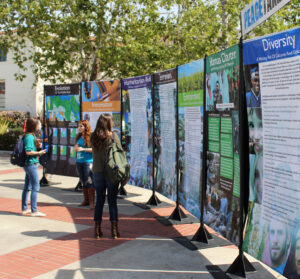
Countering BDS
BOOKLET SERIES COUNTERING ANTI-ISRAEL BOYCOTTS ON CAMPUS BDS Thinly Veiled Racism Share on facebook Share on twitter Share on linkedin Share on whatsapp Share on
BOOKLET SERIES

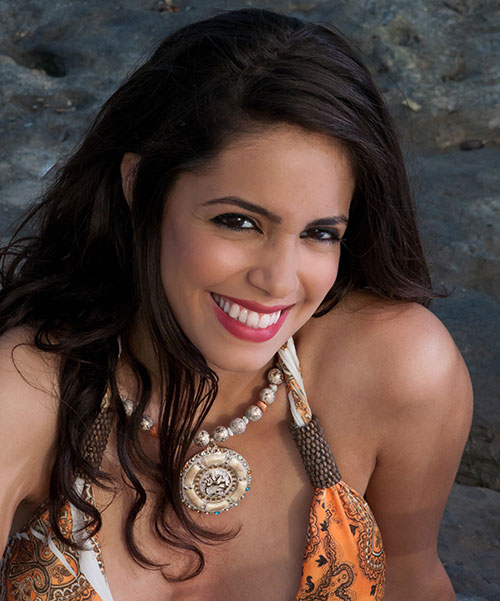
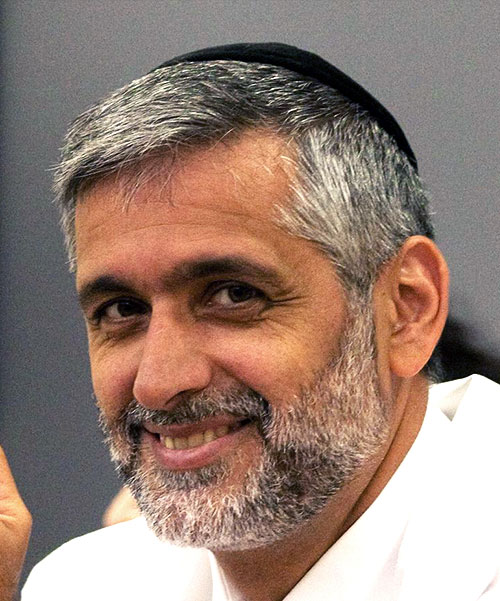
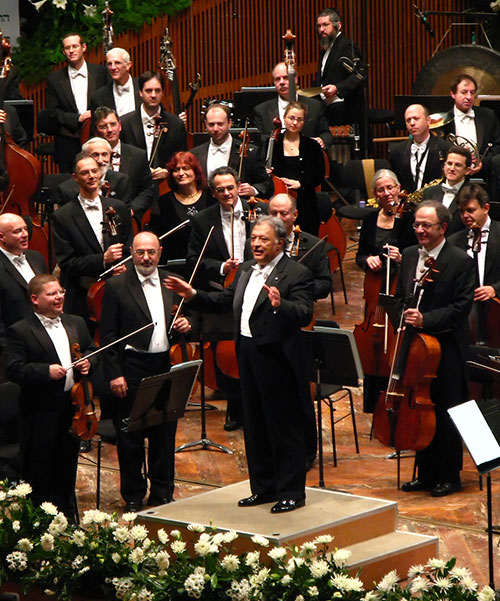
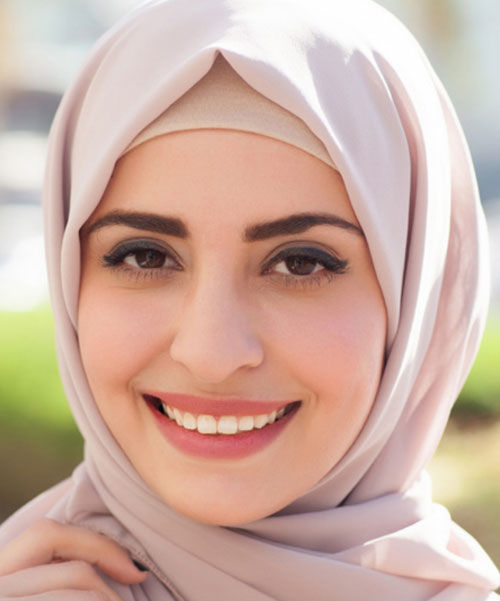
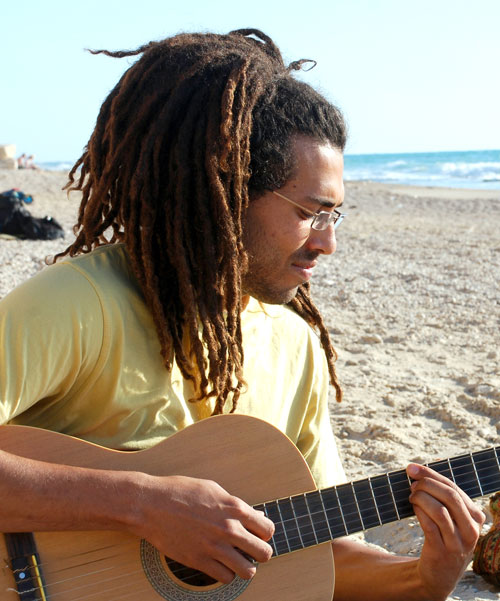
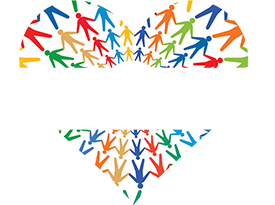 Israel is one of the world’s most diverse nations. Most of its Jewish communities lived across the Middle East, Europe, Africa, Asia, and the Americas before returning to their indigenous homeland. Many non-Jewish minority groups—Arab and non-Arab Christians and Muslims, Bedouins, Druze, Circassians, Baha’i, and others—also call Israel home.
Israel is one of the world’s most diverse nations. Most of its Jewish communities lived across the Middle East, Europe, Africa, Asia, and the Americas before returning to their indigenous homeland. Many non-Jewish minority groups—Arab and non-Arab Christians and Muslims, Bedouins, Druze, Circassians, Baha’i, and others—also call Israel home.
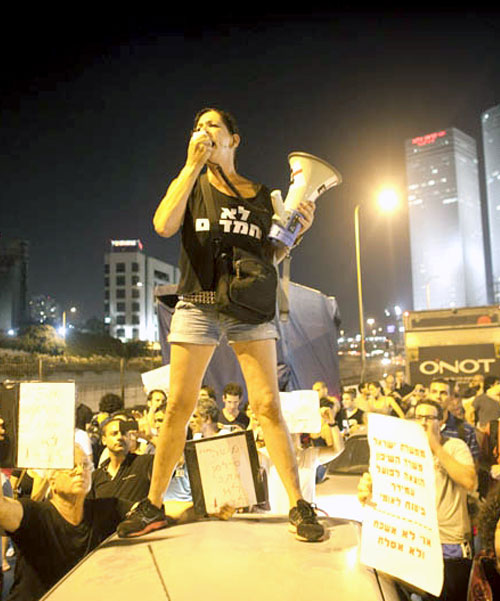
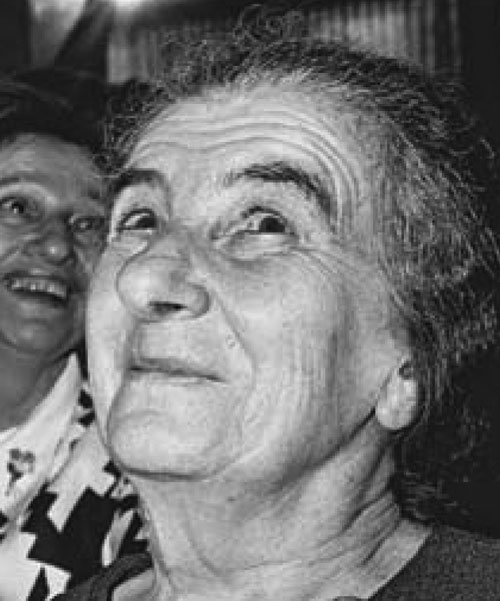
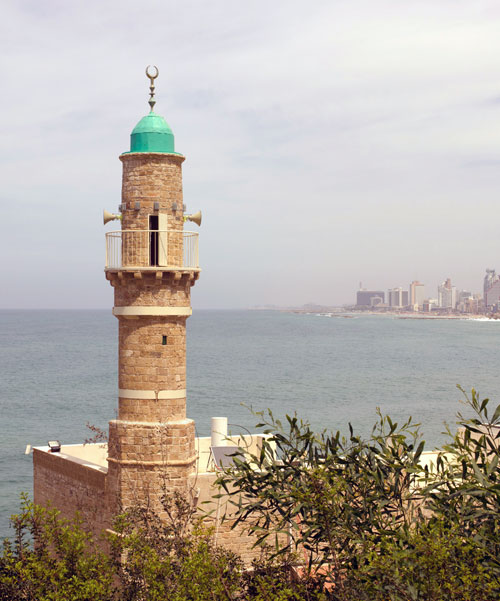
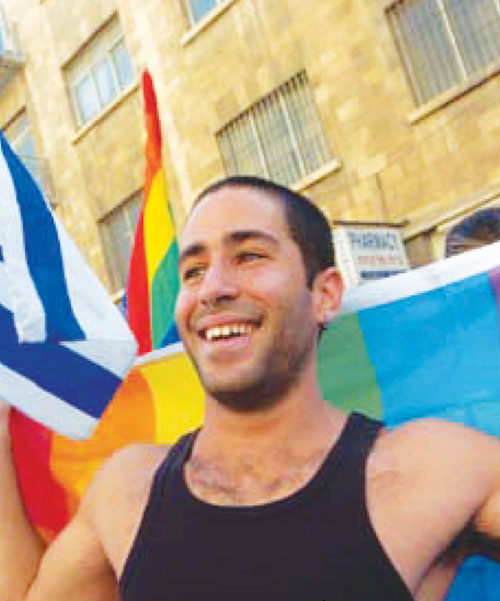
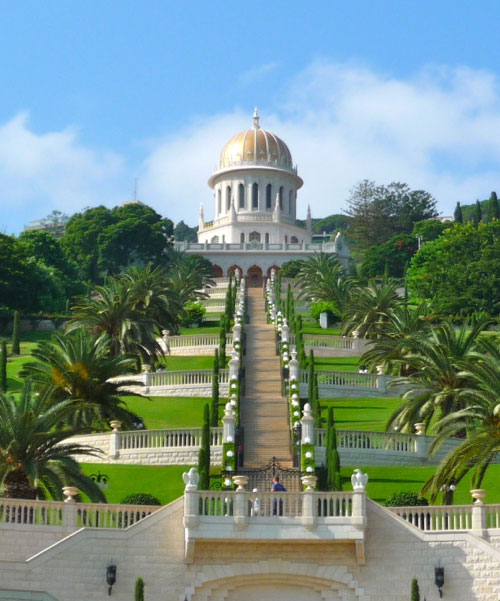
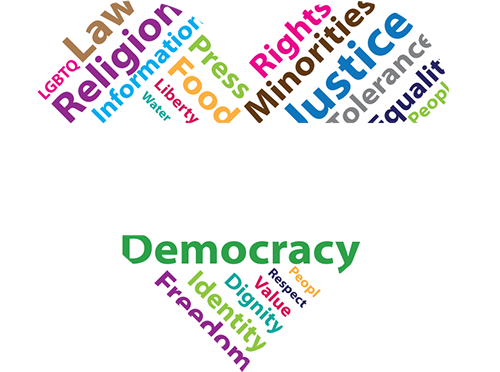 Israel is the only country in the Middle East where all citizens are equal under the law, regardless of race, ethnicity, religion, gender, or sexual orientation. All Israelis can take part in free and fair elections, are free to speak their minds, and have the right to a just and open trial. They can also challenge government policies directly in the highest courts and work with Israel’s thriving NGO sector to address social problems.
Israel is the only country in the Middle East where all citizens are equal under the law, regardless of race, ethnicity, religion, gender, or sexual orientation. All Israelis can take part in free and fair elections, are free to speak their minds, and have the right to a just and open trial. They can also challenge government policies directly in the highest courts and work with Israel’s thriving NGO sector to address social problems.

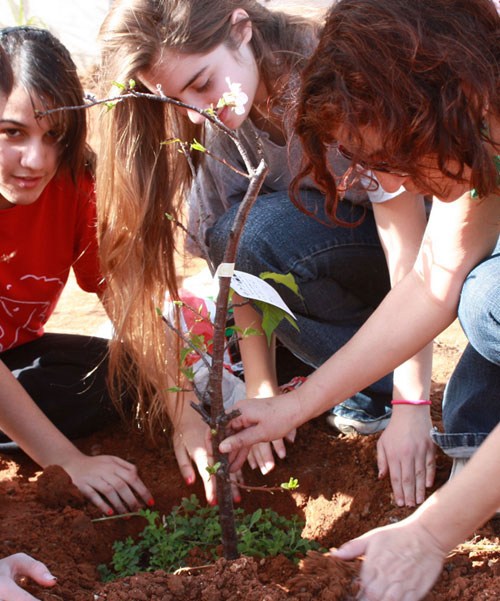
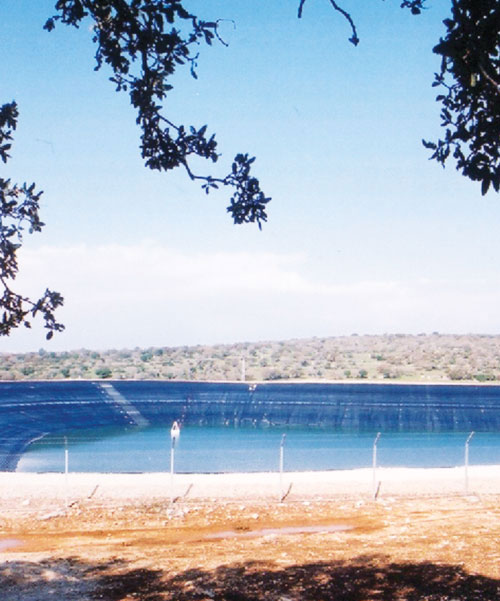
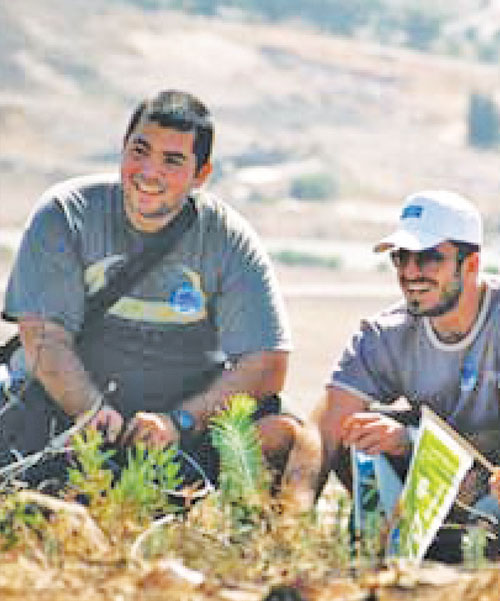
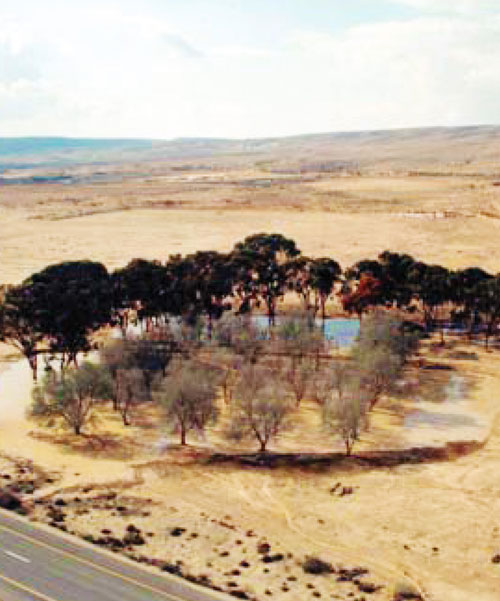
 Israel’s small size, arid climate, and lack of natural resources have helped turn it into a leader in environmental sustainability. From reforestation and alternative energy to water conservation and combating desertification, Israelis are making discoveries that are leading to a more sustainable world.
Israel’s small size, arid climate, and lack of natural resources have helped turn it into a leader in environmental sustainability. From reforestation and alternative energy to water conservation and combating desertification, Israelis are making discoveries that are leading to a more sustainable world.
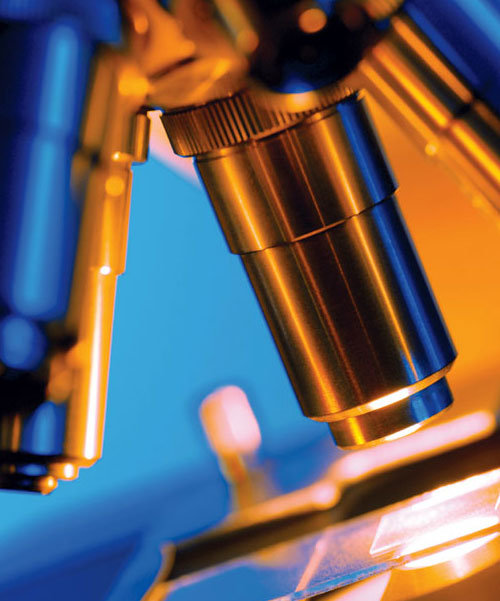


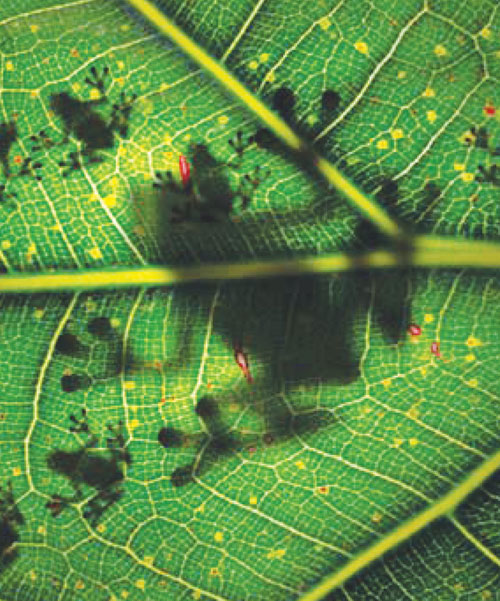
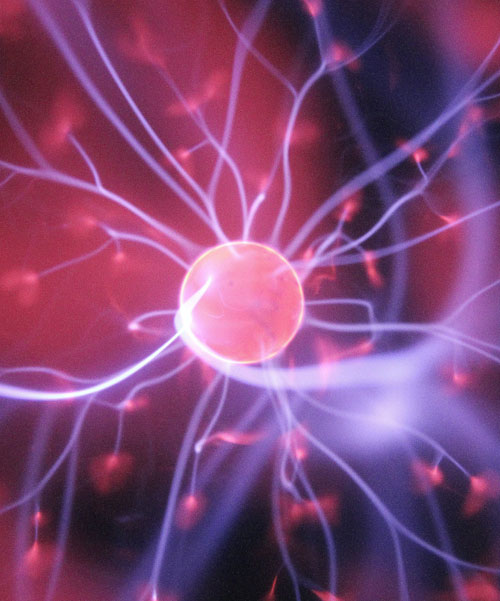
 Israel is a world leader in technological research and development. With their entrepreneurial spirit, Israelis have turned their tiny country from a relative backwater to one of the most technologically advanced on the planet. Many of the technologies you use every day, like your phone and computer, include key components produced by scientists in Israel. Israel’s innovations are also helping to solve major global challenges like hunger, disease, water scarcity, and environmental degradation.
Israel is a world leader in technological research and development. With their entrepreneurial spirit, Israelis have turned their tiny country from a relative backwater to one of the most technologically advanced on the planet. Many of the technologies you use every day, like your phone and computer, include key components produced by scientists in Israel. Israel’s innovations are also helping to solve major global challenges like hunger, disease, water scarcity, and environmental degradation.
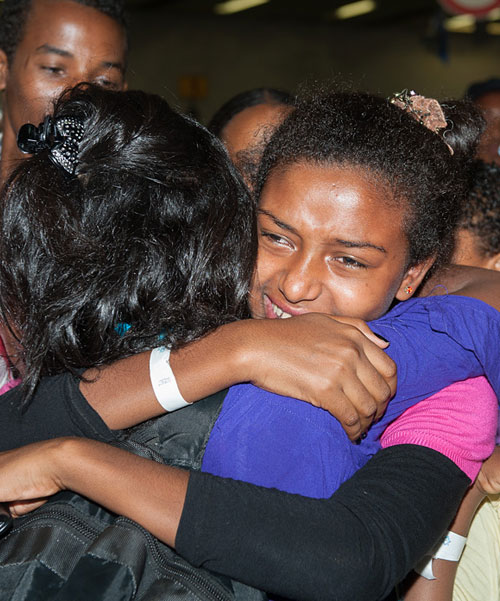
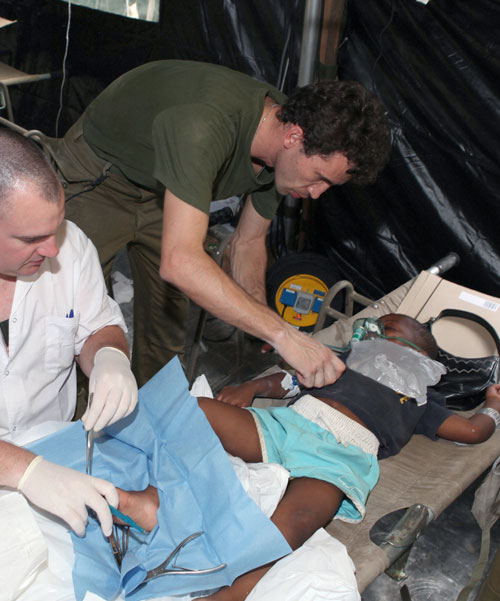
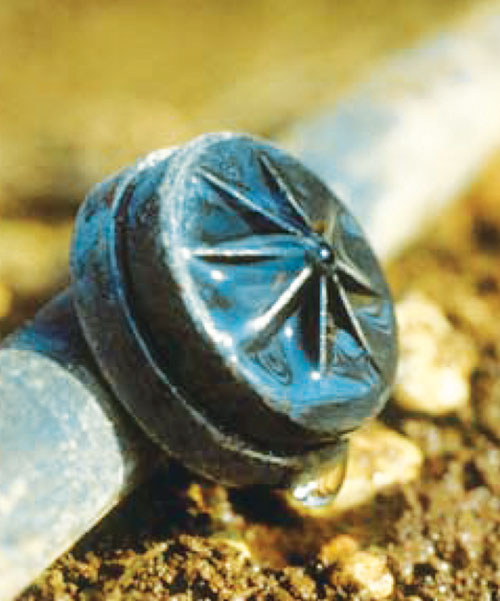
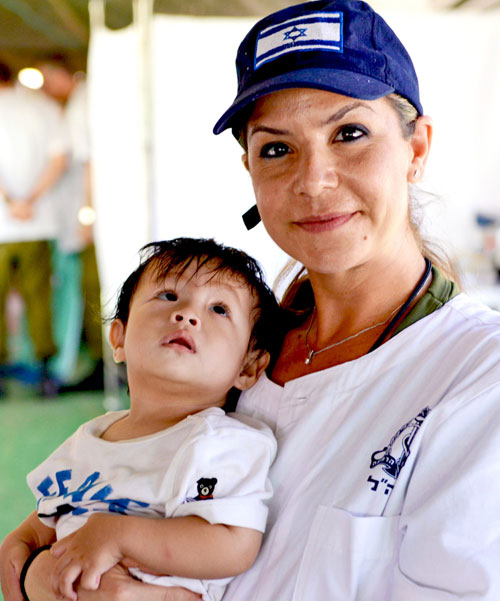
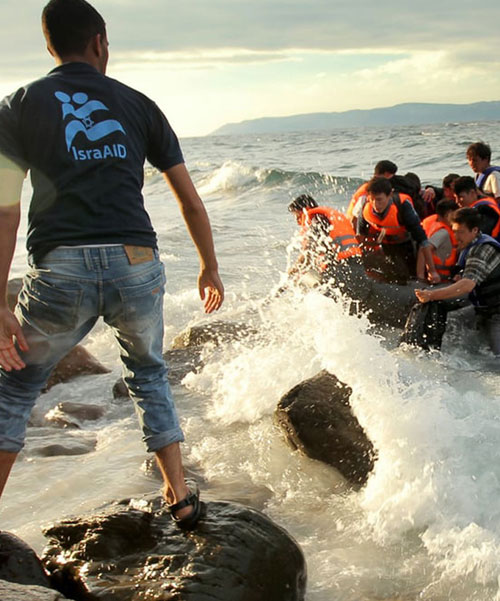
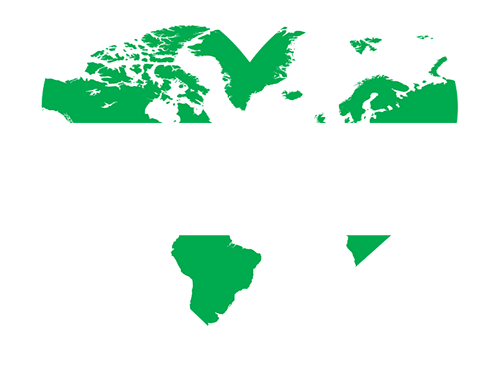 Israel goes above and beyond to make the world a better place. Israelis were among the first responders to the Haiti earthquake in 2010 and Typhoon Haiyan in the Philippines in 2013. They have given aid to Syrian refugees on their northern border and in Greece, where many fled to from the civil war. Israel has also given asylum to refugees from Darfur, Vietnam, and Kosovo and shared life-saving medical and agricultural technologies with communities all over the world.
Israel goes above and beyond to make the world a better place. Israelis were among the first responders to the Haiti earthquake in 2010 and Typhoon Haiyan in the Philippines in 2013. They have given aid to Syrian refugees on their northern border and in Greece, where many fled to from the civil war. Israel has also given asylum to refugees from Darfur, Vietnam, and Kosovo and shared life-saving medical and agricultural technologies with communities all over the world.
YOU MAY ALSO ENJOY

BOOKLET SERIES COUNTERING ANTI-ISRAEL BOYCOTTS ON CAMPUS BDS Thinly Veiled Racism Share on facebook Share on twitter Share on linkedin Share on whatsapp Share on
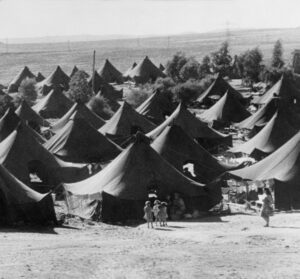
BOOKLET SERIES JEWISH REFUGEES FROM THE MIDDLE EAST An unresolved injustice Share on facebook Share on twitter Share on linkedin Share on whatsapp Share on
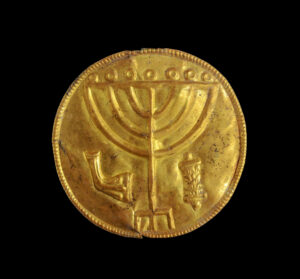
Booklet Series JEWS ARE INDIGENOUS TO ISRAEL The Jewish People’s Connection To Their Ancestral Homeland Share on facebook Share on twitter Share on linkedin Share